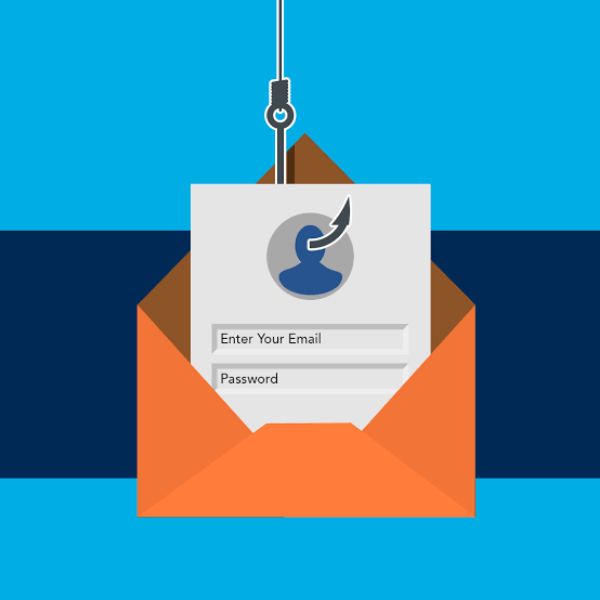
As part of his organisation’s objectives to raise awareness, inform, guide and educate the public about how to avoid any danger associated with internet usage, the publisher of Internet Safety Magazine, Mr. Rotimi Onadipe has warned internet users against clicking on links or opening attachment from unknown or unverified source in order to prevent their sensitive or personal information from being hacked by internet fraudsters popularly referred to as Yahoo boys and girls.
He gave the warning on Saturday 21st May 2022 at his organisation’s weekly sensitisation program with the theme “Say NO to internet abuse, say YES to internet safety” held at Ibadan, the Oyo State capital.
Onadipe said “a lot of people click on links and open attachment from unknown or unverified sources without thorough investigation. This is why cyber attacks of different types are now prevalent and the number of affected victims is increasing almost every day.”
“Cyber security is our collective responsibility. You don’t have to be a certified cyber security expert before you can protect yourself against cyber attacks.
ALSO SEE: Oyo TESCOM Honors Students, Teachers for Excellent Performance
You can prevent your sensitive or personal information from being stolen by cyber criminals by adopting some safety tips.”
“Avoid clicking on links or opening attachment when you are not sure it’s from a legitimate source. This is a very simple way to start your cyber security practice.” He added.
The internet safety advocate further said “We must be aware that cyber criminals send a lot of malicious links and attachments on the internet in form of trending news, interesting stories, job vacancies, cheap visa application, cheap advert rates, profitable businesses with little or no effort, among others.
These links and attachments look legitimate but in most cases they contain virus, malware or other harmful content that can damage your device, compromise your account and steal your money or sensitive information.”
“Before you click on any link or open any attachment, make sure you investigate the source. Do you know the sender? Is the sender a real person or an impersonator?
Have you investigated the story? Does the content sound too good to be true? Have you investigated from other sources?
If the link or attachment is found in your email or social media account, have you checked if the email address or social media account of the sender is the same as the one you are familiar with?” Those questions will help you to know if the link or attachment is from a reliable source or not.” He added.
In his final remarks, Onadipe said “Beware, don’t be a victim. The effect of clicking on link or opening attachment from unknown source can be very dangerous and destructive.”
